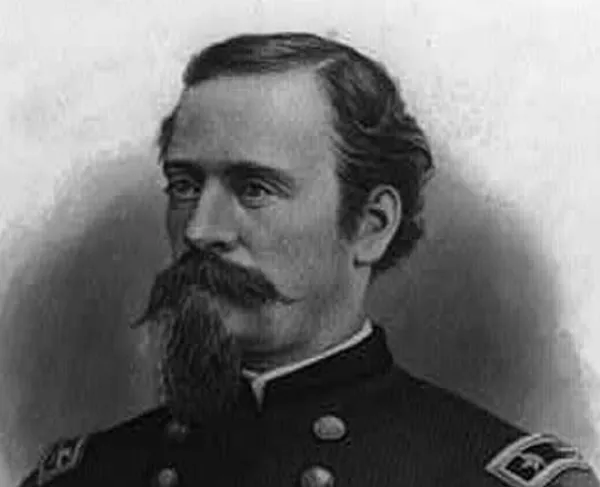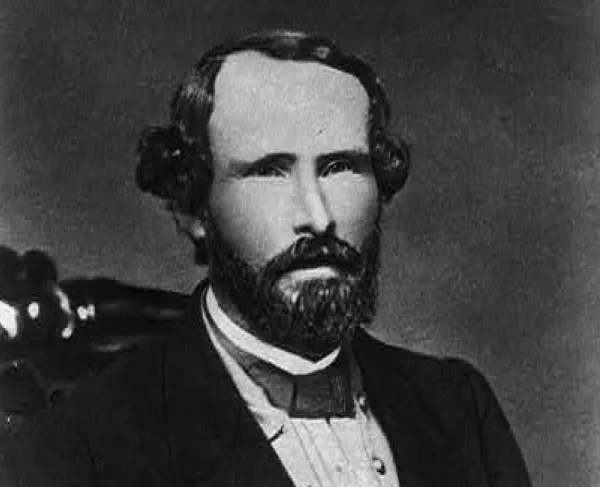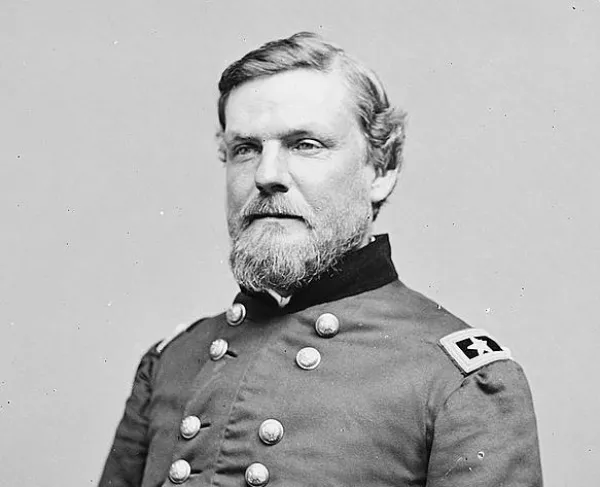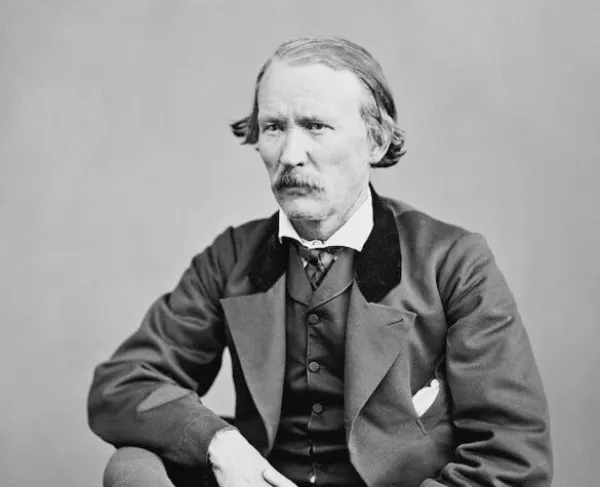James Wilson

James Wilson entered the Civil War only at the age of 24, yet he earned a reputation as one of the most bold and adaptable officers in the entire Union Army. Born in Shawneetown, Illinois to a Virginia native, Wilson entered West Point in 1855 and graduated sixth in his class five years later. Working briefly as a topographical engineer in the Oregon Territory, he transferred to the South, where he oversaw the bombardment of Fort Pulaski in Georgia, before transferring again to work as an aide-de-camp to General George B. McClellan at Antietam. After that, he served under General Ulysses S. Grant in the Western Theater, working as the chief engineer and inspector general during the Vicksburg Campaign. During this time, he received his promotion to brigadier general of volunteers, and saw action at both Chattanooga and Knoxville.
In a rather surprising move, given his now-extensive engineering experience, Wilson switched roles in the army from engineering to cavalry. Initially working as an administrator in Washington, his success in that role allowed him the privilege of also demonstrating some tactical sense on the battlefield. Breveted to Major General, Wilson ably commanded his division under General Philip Sheridan during the Overland and Valley Campaigns and came close to completely cutting off Robert E. Lee's supply lines from Petersburg in a raid through the Virginia countryside, before Confederate Cavalry under Lee's nephew "Rooney" put Wilson's troops to rout. Undeterred, Wilson's division reattatched itself to General George Thomas' Army of the Cumberland, where he became one of the few Union cavalrymen to defeat General Nathan Bedford Forrest on the open field during the Battle of Franklin. From there, he commanded another raid, one of the largest cavalry-only actions in the war, through Georgia, capturing both Selma, Alabama and Columbus, Georgia, regarded as the final battle in the entire war. He also managed to capture Confederate President Jefferson Davis and Andersonville commandant Henry Wirz as they both attempted to flee the country.
Wilson resigned from the Army in 1870 and from there worked mostly in the railroad construction business. As a successful and celebrated commander, he also wrote and spoke on a number of subjects, most notably composing a biography of General Grant with former Assistant Secretary of War Charles Dana. He returned to the Army as a brigadier general in 1898, however, when the U.S. declared war on Spain, commanding a brigade of volunteers in Cuba and Puerto Rico, and later in China during the Boxer Rebellion of 1901 before retiring from military life for the final time. He even represented the United States in London the following year for the coronation of Edward VII in President Roosevelt's stead. He peacefully continued his writing career for the rest of his life, passing away in 1925, making him one of the last four surviving Union generals from the Civil War. James Wilson was laid to rest in the Old Swedes Churchyard in Wilmington, Delaware.





